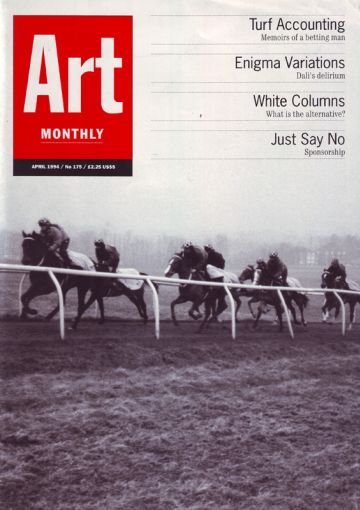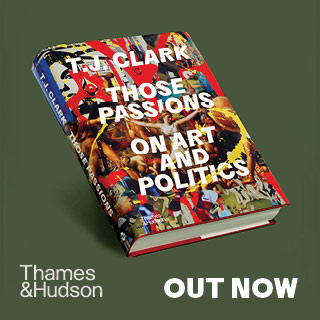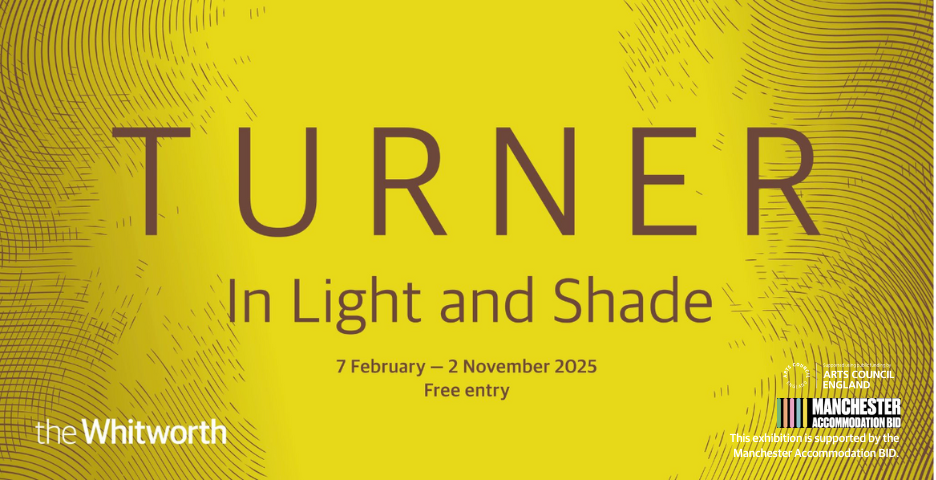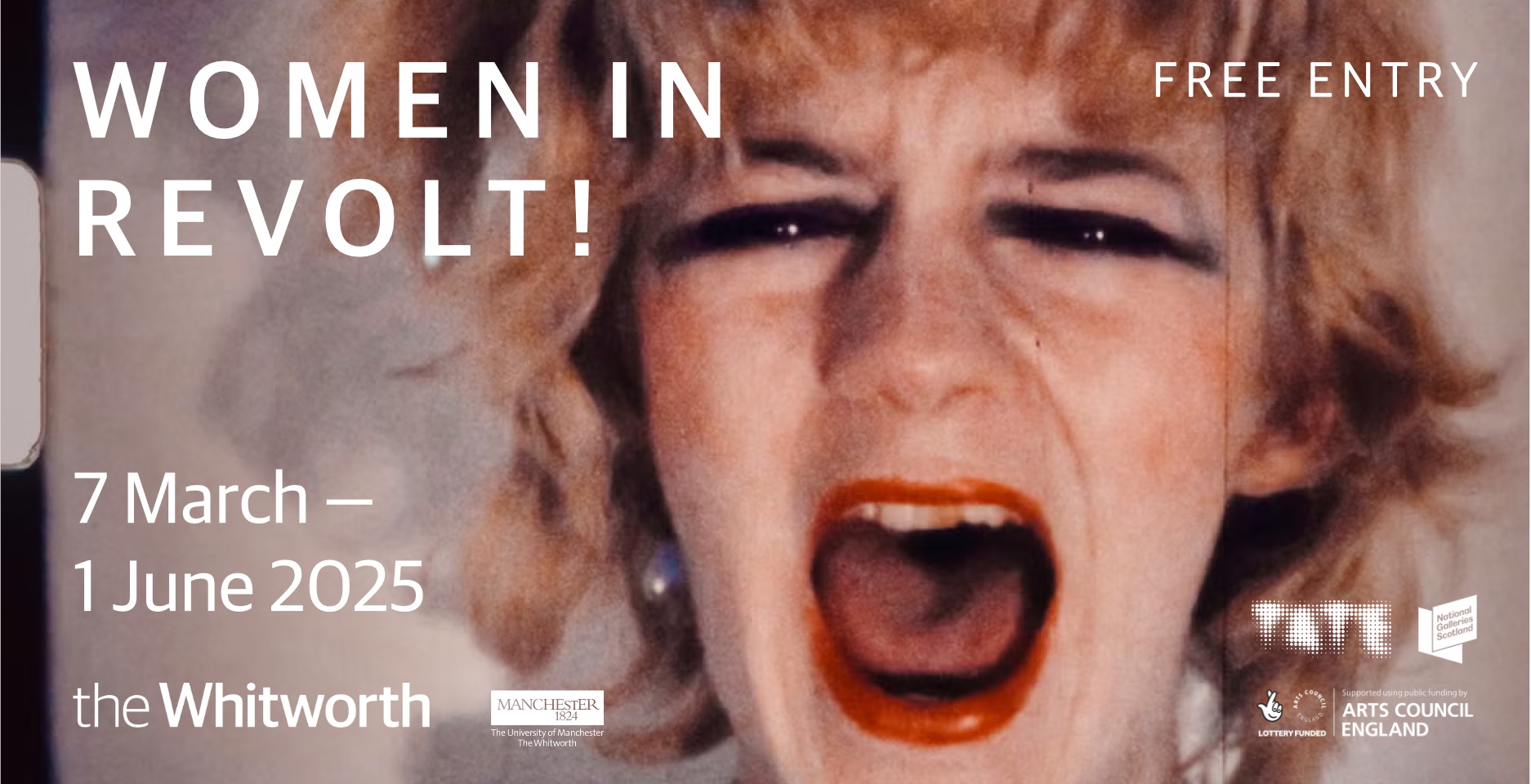Polemic
Just Say No
James Odling-Smee on a proposal to ban corporate sponsorship of the arts
Little over a year ago the British sponsorship industry was hit by a bolt from the blue. In a draft report on patronage and sponsorship delivered to the European Parliament’s Committee on Culture, Youth, Education and the Media, Yves Fremion, a little known MEP, proposed that arts sponsorship be banned.
The response in the rest of Europe to the Fremion Report was muted. In the UK, however, the sponsorship industry, led by the large sponsorship consultancies, realised that the report could prove a serious threat if left unchallenged. The Brits engaged in some disreet but energetic lobbying as a result of which an amended draft emerged earlier this year which removed the threat of a ban altogether. The industry, and many people in the arts, breathed a sigh of relief.
But, for all its faults, the Fremion Report was the first serious attempt for over a decade to look at the effects of sponsorhship on the arts and determine an appropriate response on the part of government.
In the UK there is a remarkable degree of consensus about sponsorship between government, business and arts organisations which has enabled sponsorship income to rise to over £50m a year. It’s a sophisticated consensus too: sponsorship, we all agree, is a good thing.
This concensus is, of course, the result of a determined and protracted campaign by the Conservative government, businesses and an increasing number of arts organisations. At its heart was the promotion of sponsorship instead of patronage, and ‘earned income’ over grant-in-aid.
The motives behind the campaign were political. On the government’s part, state-supported arts activity – along with all other forms of public enterprise – had to be redefined in terms of market principles. And sponsorship was to be the primary means by which the language of the market place would be imposed on artists and arts organisations. Businesses would only work, ABSA intoned, with like-minded organisations. In the propaganda, this was presented as meaning ‘professional’ organisations but what professionalism meant in practice was simply how well they could speak the language of the market.
But the campaign also aimed to reassert the primacy of private enterprise in the spaces and debates devoted to the arts. It has been remarkably successful. Administrators schooled in the language of enterprise culture are, not surprisingly, less willing to encourage work critical of that culture. And all the major arts events of the last ten years have, through the mechanism of sponsorship, explicitly asserted the value and importance of private enterprise.
The campaign was given teeth by a series of government incentives which were launched at the same time as cut-backs were placing all arts organisations in a poor financial position. In addition, the Arts Councils not only actively encouraged arts groups to seek sponsorship but also saw success in getting sponsorship as an indicator of an organisation’s strength. The pressure to conform was intense.
The effects of the campaign have been manifold. Not only has there been a radical change in the language in which arts administrators express themselves but arts organisations have developed powerful marketing and development departments. Commanding significant sections of the budget, they have played an important role in determining wage structures and have provided new career routes to the top of large institutions.
And all this has taken place with little comment, ironic or otherwise. Sponsorship is a deadly serious business. To even suggest that it had an effect on the arts at all, or to ask if that effect might not be entirely beneficial was to be dismissed as being ‘old fashioned’ or worse as a traitor who threatened to deter potential sponsors: ‘We don’t want them to get the impression people in the arts are “difficult”.’ Oh don’t we?
Unfortunately, the Fremion Report which promised to address financially the effects of sponsorship merely showed the author to be living in Cloud Cuckoo Land. Sponsorship was bad, it said, because it threatened to commercialise the arts. It posited state support for the arts as entirely unproblematic and displayed a quaint ignorance of the massive commercial activity by galleries, record companies and commercial broadcasters which state-supported artists and organisations respond to every day. Worst of all, wavering between a snobbish distaste for trade and an unspoken critique of capitalism tout court, Fremion was incapable of defining what he meant by commercialisation or why the arts needed protection from it anyway.
The arts don’t need protection from commercialisation. What artists, administrators and critics need is the ability to speak the truth about sponsorship without fear or favour.
Sponsorship, believe it or not, can be bad. It can obscure or warp the stated mission of an arts organisation. It can place artistic events in a context which is entirely inappropriate or which significantly affects the meaning of the work. Arts Councils, therefore, should stop acting as propaganda agents for the Conservative government and cease promoting sponsorship as an unalloyed benefit to the arts. And they must support those groups within the arts which make a conscious decision not to seek sponsorship on artistic or polilical grounds.
Sponsorship can also be good, but present attitudes actively discourage detailed analysis of exactly how good. Most journalists and critics have experience of being asked, sometimes blatantly bullied, to include the name of the sponsor in a review. Yet ask exactly how much the sponsor is giving and you’ll get a smart rebuff.
If critics are going to mention the sponsor they must have the freedom to condemn if necessary. There’s the world of a difference between a company which gives a pittance on an occasional basis and one which invests considerable sums over a long period of time. There’s a world of difference between associating your show with a monolithic corporation like Unilever and accepting cash from Digital. Speaking out about such things must become part and parcel of any debate about sponsorship.
Just as importantly, art groups and the Arts Councils must start to claw their way back to a position where they are not merely defending arts funding or the right to ‘innovate’. They must eschew the language of professionalism – if you want to be a professional join the army – stop pretending that sponsorship is politically neutral and reclaim the right to be bloody difficult. Even, heaven forbid, revolutionary.
James Odling-Smee
First published in Art Monthly 175: April 1994.











